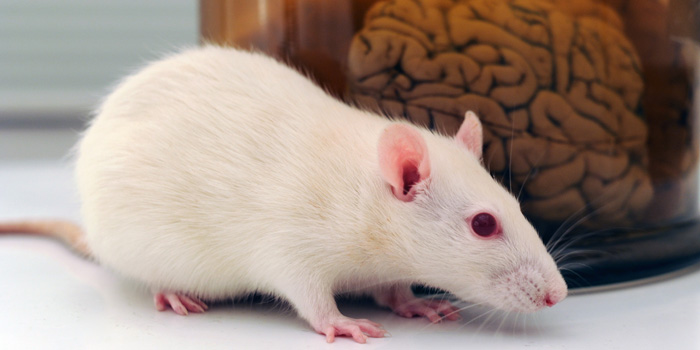Wrinkles, loss of strength, gray hair. All signs of aging. Less obvious is the impact on the brain. Much research is going toward the changes in the older brain, such as a decline in memory and cognitive abilities.
Memory Storage
Certain parts of the brain are simply on “automatic”. The brain regulates hundreds of things of which we are hardly aware. Memories, however, make up the most important parts of what our brain holds. The brain gives us the ability to recognize people, objects, and places, remember names, learn things, and connect emotions to events. The research shows that, at a molecular level, memories are stored by strengthening the connections between neurons, called synapses. Memories get updated when these synapses are altered.
Memory Processing and Age
Until recently, researchers have not been able to clearly understand whether the process of memory updating is impacted by age. In a recently published article in Current Biology, researchers describe a study conducted on memory function on young adult mice and older mice. Mice were trained to perform certain memory tasks to determine whether age affected the ability to remember.
The study revealed that the mechanism by which new memories were made in older mice was dramatically different from that in younger mice. The synaptic changes associated with new memories were much harder to modify in older mice compared to younger mice.
The published conclusion of this study implies that memories in older mice were not modified when recalled. This suggests that memories that are formed in old age become fixed because of the alternative way the synapses are created differently than in a younger brain. And, since all mammals, including mice and humans, share the same process of laying down memories, the studies of mice are very applicable to human brains. In other words, the fundamentals of laying down memories do, in fact, change with age.
So What?
As researchers move forward in treating those with memory issues, the findings of this study suggest the important biological differences in how memories are stored in younger and older brains. Rather than assuming that all brains are equal without some obvious medical issue, physicians can start from the point that changes in the brain are as natural as wrinkles and gray hair.

